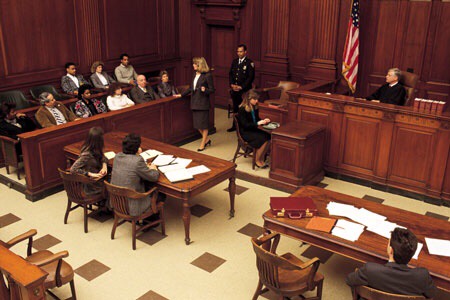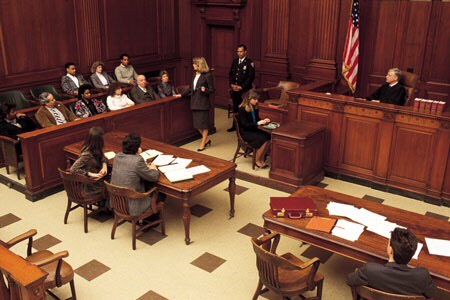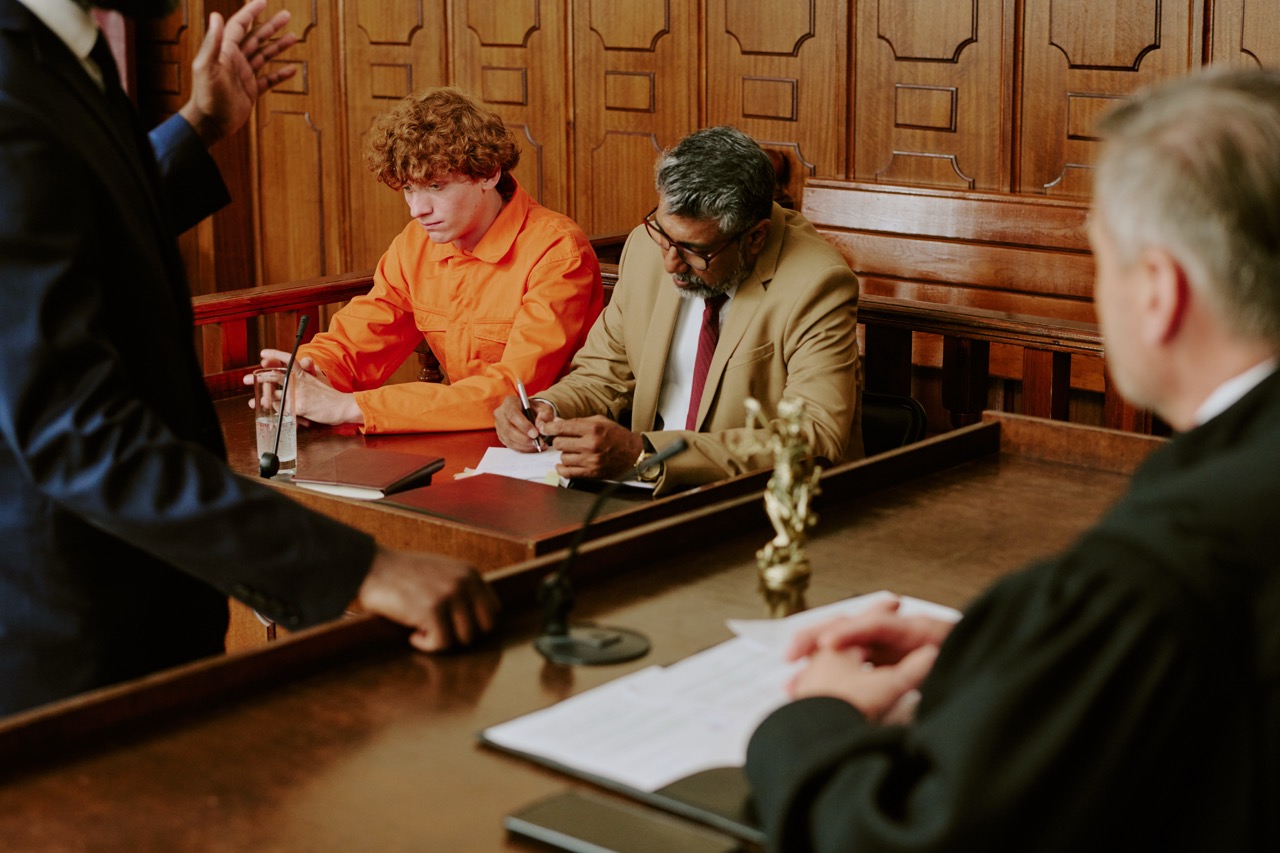A stark reality in the 21st century is that an ever increasing number of people find themselves charged with a crime. Although many people charged with a crime are guilty of some sort of illegality, there remain a notable number of instances when a person is wrongly accused of criminal wrongdoing.
For these reasons, it is important that all adults have at least a very basic understanding of the criminal justice system. This includes understanding the essentials of a criminal trial.
The trial process begins with the selection of the women and men who will serve on the jury. In many ways, this is a highly crucial element of trial. In the final analysis, the future of a criminal defendant rests in the hands of these individuals.
Opening Statements
Once a jury has been empaneled, the next phase of a criminal trial is the making of opening statements by the prosecution and defense. Opening statements provide each side in the criminal proceedings the opportunity to stake out their positions regarding the charges made against the defendant.
Witness Testimony
Witness testimony is a primary means of bringing evidence before the court in a criminal case. Witnesses can be called to testify by both the commonwealth and the defense. Witness are subject to both direct examination and cross examination. Direct examination is questioning by the party who called a witness to testify. On the other hand, cross examination is questioning by the opposing side in the proceedings; however, it does not resemble anything you see on the numerous courtroom dramas on television.
Presentation of Other Evidence
Other types of evidence are admitted during the trial as well. This can include everything from documents to laboratory test results. Usually, a witness testifies in conjunction with the evidence sought to be admitted into the record of the proceedings.
Closing Arguments
Closing arguments are final persuasive statements made by the Commonwealth and defense. Closing arguments are designed to persuade the jurors to decide in favor of a particular party to the proceedings.
Jury Instructions
Once closing arguments are delivered, the judge provides the jury with instructions. Jury instructions are the applicable laws, associated court rules and judicial parameters to be considered and followed when deliberating whether or not a criminal defendant is guilty.
Jury Deliberation
The jury is left to deliberate once all of the other phases of the case are completed. They deliberate in private and reach a determination as to whether or not a defendant is guilty. A unanimous verdict of all jurors is necessary for a defendant to be found guilty in a criminal case.
Jury Verdict
Once the jury finishes deliberations, the jurors return to court and their verdict is announced. The verdict itself is read in open court.
Sentencing
Ultimately, if a defendant is found guilty, a sentencing hearing is held. In many cases, this is scheduled at a later date to permit a pre-sentence report to be prepared with sentencing recommendations.






